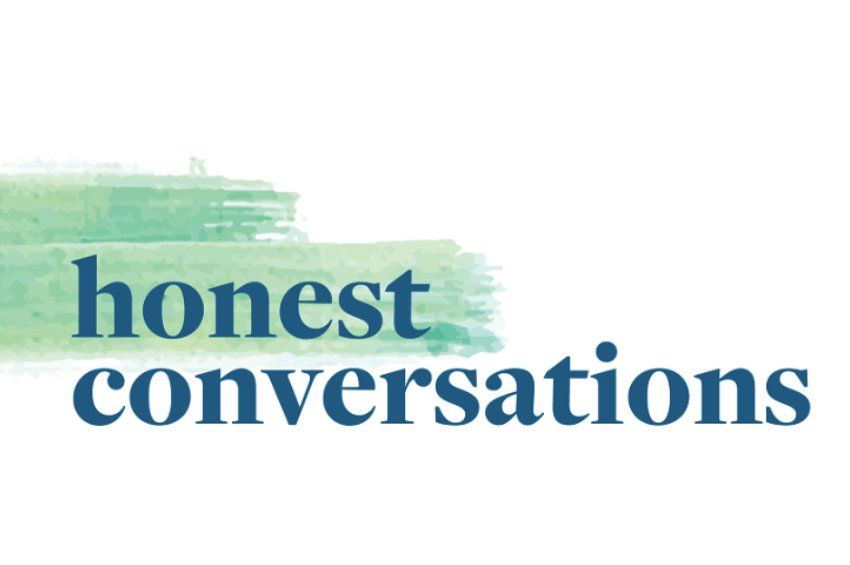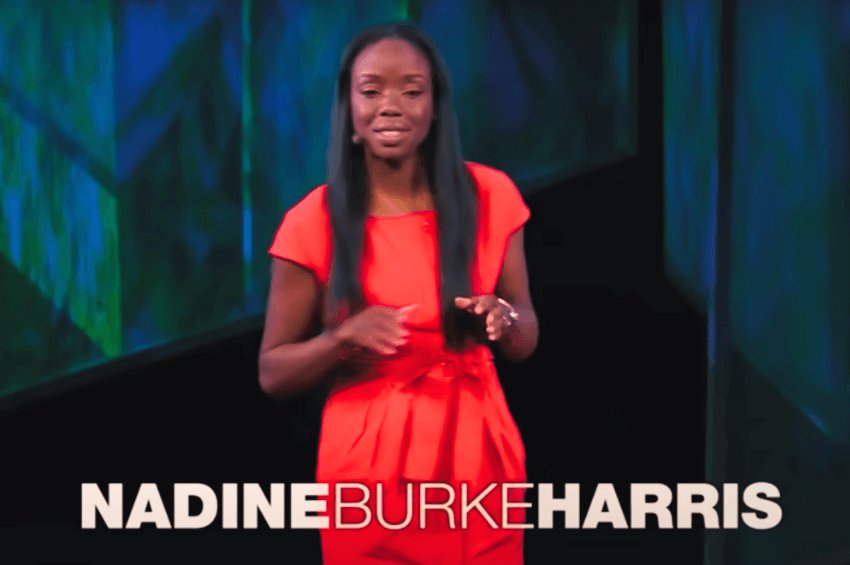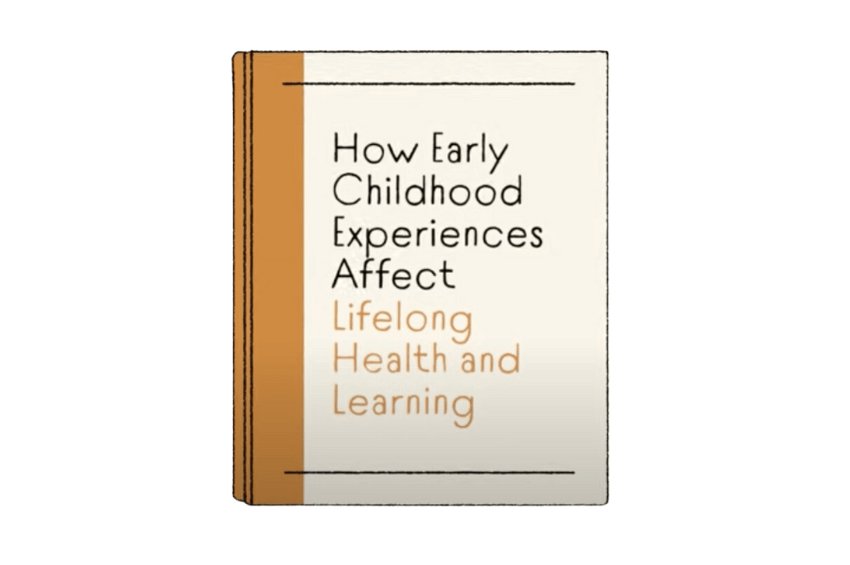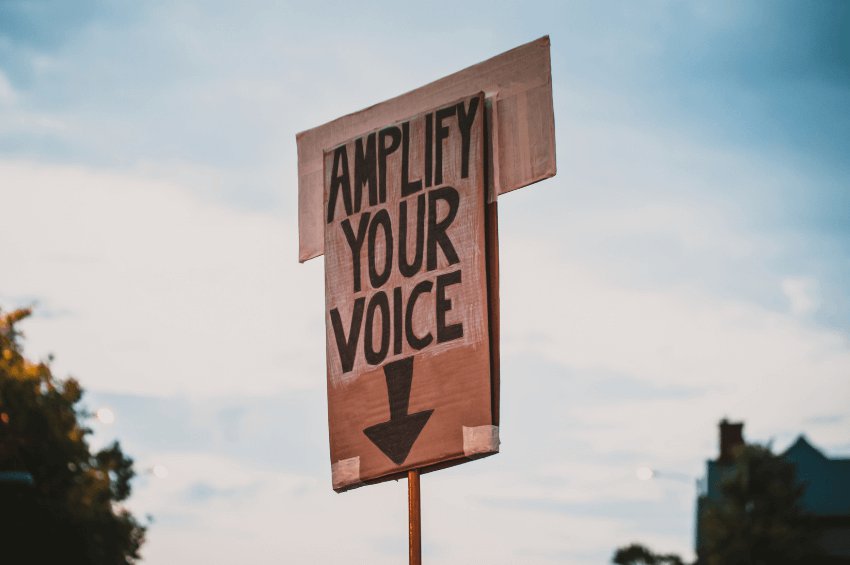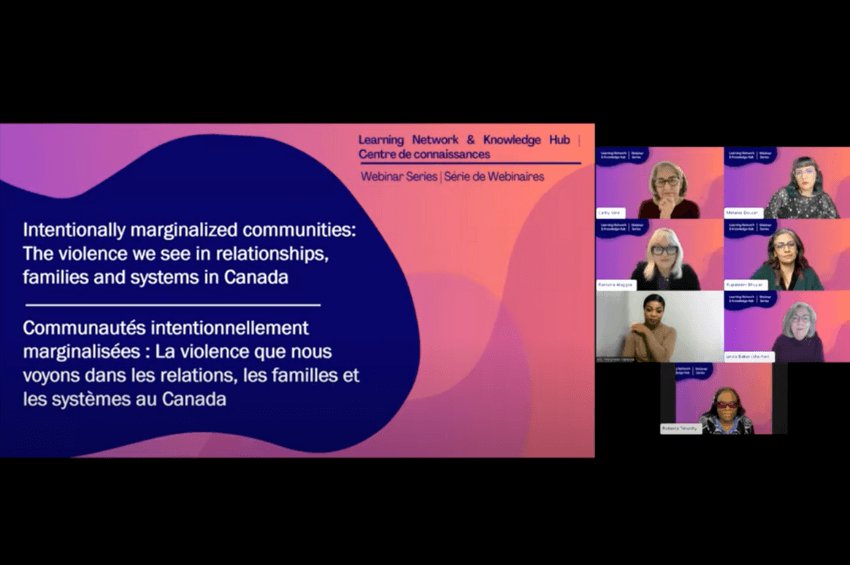Search
Search
This webinar and live-streaming series was born out of the need to learn unique perspectives from different communities and how they deal with the issue of child sexual abuse. The unique strengths and challenges of protecting children in different communities are discussed.
- Created by Darkness to Light.
This videos explains that the repeated stress of abuse, neglect and parents struggling with mental health or substance abuse issues has real, tangible effects on the development of the brain. This unfolds across a lifetime, to the point where those who’ve experienced high levels of trauma are at triple the risk for heart disease and lung cancer. An impassioned plea for pediatric medicine to confront the prevention and treatment of trauma, head-on.
- Created by Dr. Nadine Burke Harris.
This video addresses the way early experiences affect not only early learning and school readiness but also lifelong health. It also provides information to better understand the effects of adversities such as poverty, discrimination, systemic racism, exposure to violence, and child maltreatment, abuse, and neglect on the developing brain and many other systems in the body.
- Created by the Center on the Developing Child.
This panel, presented during the 2022 Trauma Symposium, presents a trauma-informed approach called the Colonial Trauma Framework, which recognizes indigenous people’s trauma as collective, complex, continuous, cumulative, and compounding, and explains how current trauma-informed approaches can be expanded by this framework.
- Created by Ky Scott, Jennifer Nutton et Nancy Lucero.
This panel, presented during the 2022 Trauma Symposium, addresses the mission and impacts of Blue Door, the reality of homelessness among 2SLGBTQ+ youth, and ways organizations can become inclusive and responsive to their reality.
- Created by Alex Cheng, Cheyanne Ratnam & Alex Abramovich.
Videos & Webinars
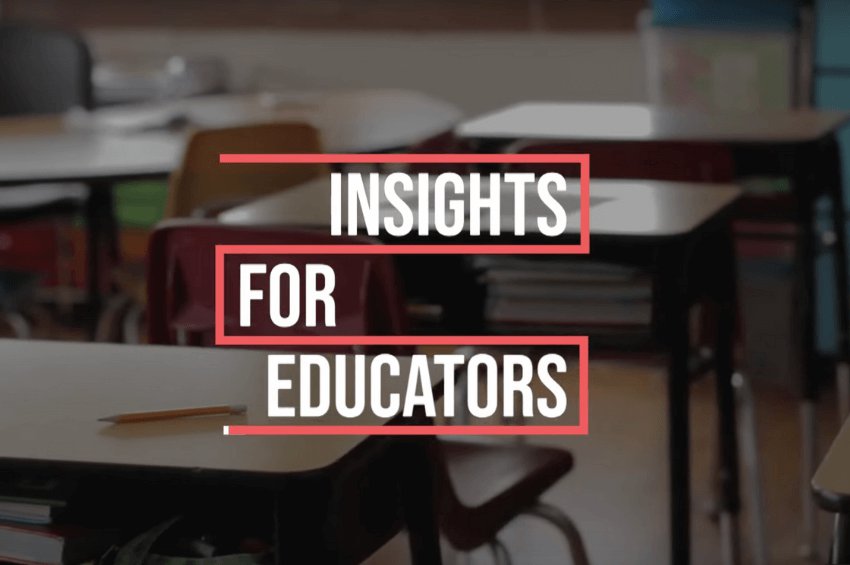
This serie offers way educators can build a connected classeroom, create a safe environment, create an inclusive classroom, reframe classroom discipline, and take care of themselves.
- Created by Dr. Bruce Perry.
This panel, presented during the 2022 Trauma Symposium, addresses the benefits of youth engagement, provides skills for working with people who have childhood experiences of IPV, and offers recommendations based on this study’s findings.
- Created by Olivia Cullen, Angelique Jenney & Laura Lynn Shiels.
Free
In this webinar, Dr. Ramona Alaggia and colleagues discuss intentionally marginalized communities like Black communities, non-status refugees, immigrant women, and children in care. They explore community experiences, system impacts, initiatives for change, and support strategies.
- Created by Learning Network & Knowledge Hub and Western University.
Videos & Webinars
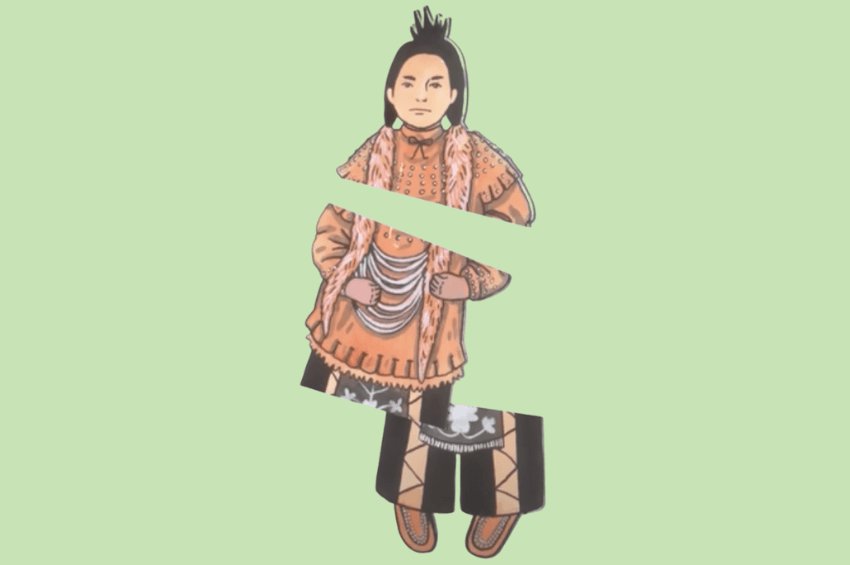
Free
This video discusses the effects of residential schools that continue to manifest into the present day, as well as the intergenerational trauma that comes from them.
- Created by Historica Canada.
Videos & Webinars
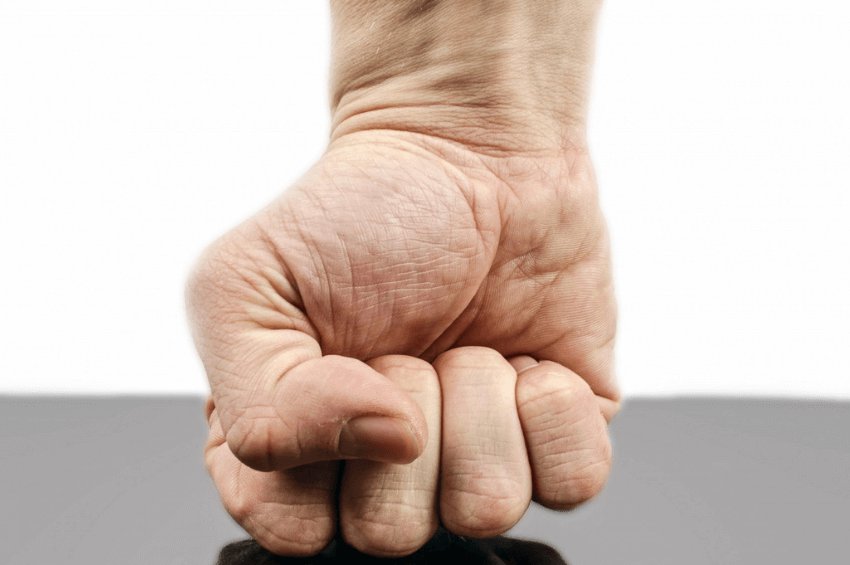
In this webinar, the findings from analyses of the Avon Longitudinal Study of Parents and Children (ALSPAC) cohort are presented and they confirm strong links between IPV and parental mental health before the child turns nine years and poor mental health reported by the child at age 18. Preliminary findings on the relationship between parental IPV and a range of clinically relevant adversity and mental health-related indicators are also reported.
- Created by the Association for Child and Adolescent Mental Health.



